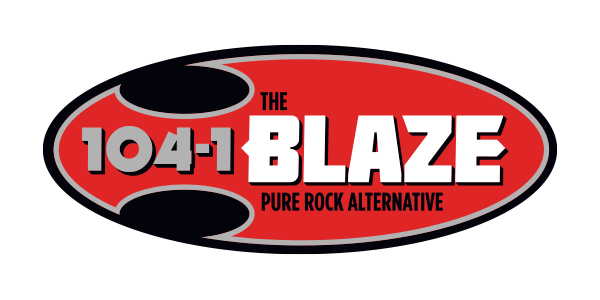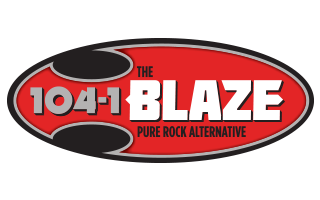Expanded Housing and Utility Assistance Available

Lincoln, NE (March 18, 2021) Mayor Leirion Gaylor Baird and community partners today urged those who need help with housing and utility costs due to the pandemic to apply for assistance using the new online form at lincoln.ne.gov/rent. Lincoln recently received an addition $13.45 million in federal funds to help residents, including funding to help individuals and families with past housing and utility debt.
“We have secured millions of dollars in federal funding to keep roofs over heads by helping those in need of housing and utilities assistance,” said Mayor Gaylor Baird. “We urge community members to help us spread the word that help is here for anyone struggling to pay off their housing and utility debt as a result of the pandemic.”
In the past, those needing assistance were asked to call individual agencies for help. The updated and streamlined process includes an online application form for tenants and landlords and a “one-call” dedicated number at 402-413-2085 for assistance. More information and the application forms are available at both lincoln.ne.gov/rent and the Resident Resource page at COVID19.lincoln.ne.gov.
The funding is part of federal government aid to help communities weather the economic and social impacts of the COVID-19 pandemic. The additional funding enables an expanded community-wide partnership designed to ensure residents remain healthy and housed. The City may receive more funding for housing and utilities from the new American Rescue Plan in the next 60 days.
Urban Development Director Dan Marvin said new federal funds are “a light at the end of the tunnel for many individuals and families saddled with housing and utility debt.” He said the expanded network of partners will help ensure that the distribution of the funds is “effective, efficient and equitable.”
The City has been providing housing and utility assistance throughout the pandemic. The $4 million in federal CARES funding the City received last July included $975,000 for housing and utilities assistance. In September, Lincoln received an additional $728,000 in federal CARES Act funding for its program to help to people struggling to pay for rent, mortgages and utilities, and the Nebraska Children and Families Foundation provided additional $100,000 match for these federal dollars. Marvin said those funds have been used to help more than 1,000 families eliminate housing and utility debt to date. He said that with the new funds and expanded system, the City will do even more to help tenants and landlords across the community.
Lincoln resident Amanda Hammer is one of the residents whose housing and utility debt was paid through this funding. “I am so grateful for this program and the partners that make it possible,” said Hammer, “Without this lifeline, my situation would be dire. I was able to stay housed through the most trying times.”
“We work hard to communicate with tenants about any issues they are having and to help find solutions,” said Lynn Fisher, owner and manager of Great Place Properties. “The housing and utility assistance from the City has definitely helped tenants pay their rent and stay housed during this pandemic. That in turn helps my business pay our bills and continue to keep the apartments in good shape.”
Lancaster County also received additional funding for housing and utility assistance. “Rent and utility assistance is needed across our county, and this includes the rural areas of our community as well,” said County Commissioner Sean Flowerday. “We have $1.2 million in treasury funds devoted to those living in rural communities outside of the Lincoln city limits. If you are struggling because of the pandemic, we have resources to help you. We have already received a dozen applications for approximately $80,000 submitted from Waverly, Hickman, Bennet, Martell and Firth.”
The expanded network of partners includes Family Services; CenterPointe; Community Action Partnership; Catholic Social Services; the HUB; Lincoln Community Foundation; Matt Talbot Kitchen and Outreach; CEDARS; the Nebraska Children and Families Foundation; and the UNL Center on Children, Families, and the Law.








